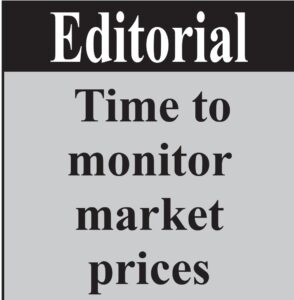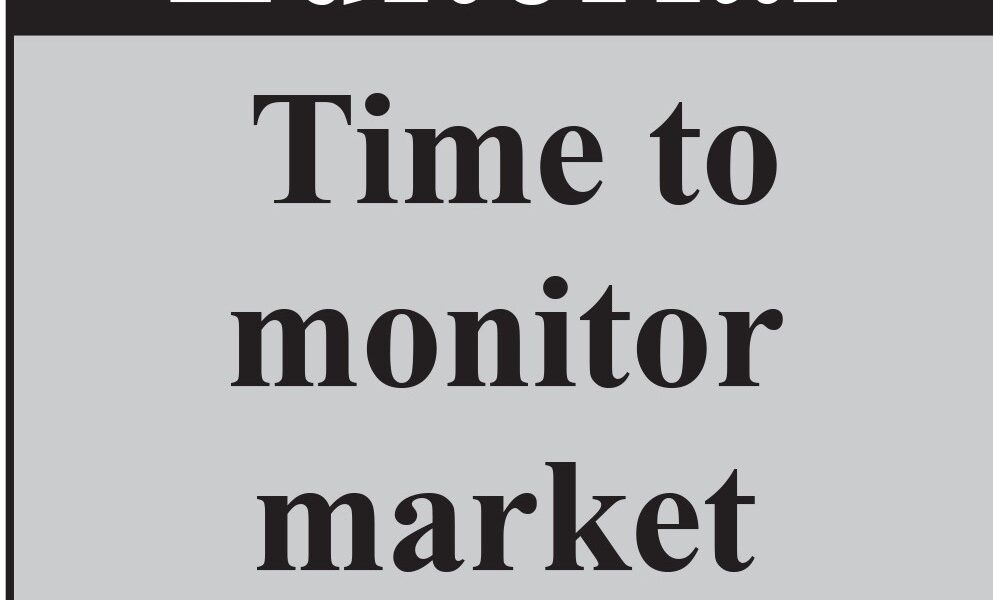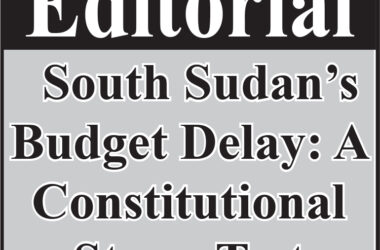
In South Sudan’s free market structure, the inconsistency of prices for goods has stubbornly remained the most consistent characteristic of the market. They continue to puzzle consumers and business owners alike across major trading centers, defying the logic of currency fluctuations.
While fuel prices tend to reflect changes in the dollar rate, the cost of essential goods often remains static. Consumers would argue that the exchange rate of the South Sudanese Pound (SSP) against the US Dollar would directly influence the cost of goods and rightly so but the reality on the ground tells a different story.
This disconnect not only undermines consumer confidence but also exacerbates economic inequality, burdens ordinary citizens who are already grappling with limited incomes and economic uncertainty.
When the dollar rate increases, prices shoot up almost overnight. But when the rate falls, prices often remain unchanged.
This seems to suggest a lack of regulatory oversight where traders exponentially set prices arbitrarily leaving citizens vulnerable to exploitation. These are serious concerns about market fairness, accountability, and the effectiveness of consumer protection mechanisms in the country.
The government must take decisive steps to address this imbalance. In collaboration with the Ministry of Trade and Industry, the chamber of commerce should lead efforts to standardize prices across the country.
A harmonized pricing system or at least, a clearly communicated price ceiling on essential goods could curb unnecessary price hikes and restore market stability. While full price control may not align with the principles of a liberal economy, proactive guidance and regulatory oversight remain crucial to safeguarding consumers from exploitation.
Striking this balance not only promotes fairness but also reinforces public trust in economic governance. Traders and suppliers should be encouraged to adjust prices fairly, guided by real-time economic indicators and a shared commitment to market integrity.
Transparency in pricing not only builds trust between businesses and consumers but also fosters a healthier, more resilient marketplace.
As South Sudan continues its journey toward economic recovery and inclusive growth, ensuring predictable and just market prices is essential to restoring public confidence and protecting livelihoods.



